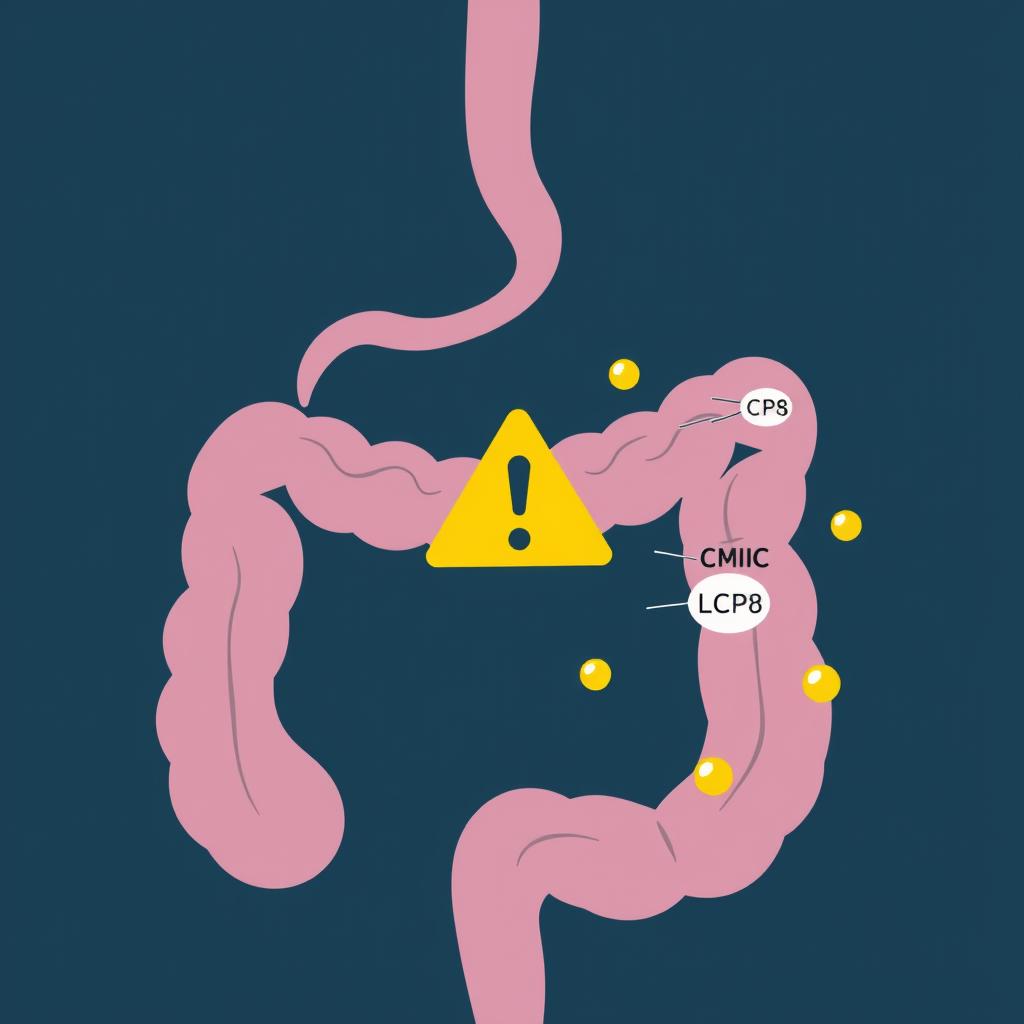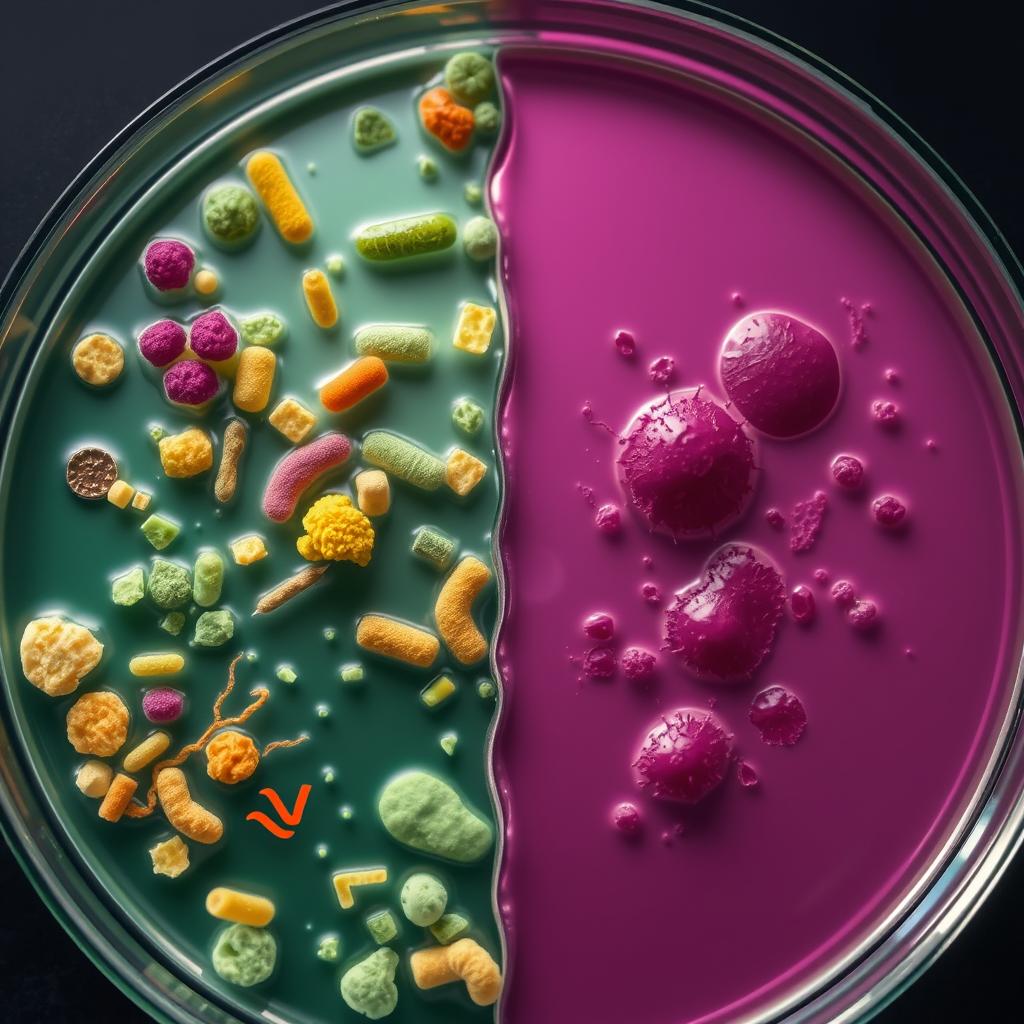
Common food additive may impact gut bacteria, increase anxiety
- September 13, 2019
- 11 Likes
- 451 Views
- 0 Comments
Emulsifiers and the gut. Modern foods often contain emulsifiers (like carboxymethylcellulose and polysorbate-80) to improve texture. Recent research raises concerns that these “common” additives may upset our gut microbiome and in turn affect mood. In mice, studies show these emulsifiers can strip away the protective mucus layer in the gut, allowing bacteria to penetrate too deeply and trigger chronic low-level inflammation nature.com. This inflammatory environment is linked to obesity and metabolic disease, but intriguingly also to brain effects.

Anxiety in animals. In a 2019 Scientific Reports study, mice given dietary emulsifiers developed anxiety-like and social behavior changes. Male mice exposed to the emulsifiers showed heightened anxiety responses, while female mice showed reduced social interactions nature.com. The authors summarized: “These commonly used food additives may negatively impact anxiety-related and social behaviors” nature.com. In plain terms, the gut changes provoked by emulsifiers in rodents led to stress and mood alterations. Other papers link similar additives to cognitive decline in mice, possibly by disrupting the gut-brain axis and increasing inflammatory markers.

Human relevance. It’s important to note these results are in animals and at doses sometimes higher than typical human intake. Direct evidence in people is still emerging. However, one review in Psychology Today warned that emulsifiers can harm the “gut–brain axis,” potentially contributing to anxiety and memory issues psychologytoday.com. Gut inflammation has been linked to mood disorders in humans, and diet is a known factor in shaping gut flora. The new findings suggest that heavy, chronic consumption of processed foods with emulsifiers could, in theory, influence anxiety and social behavior over time.
Healthy eating tip. For now, experts suggest eating more whole, unprocessed foods (fruits, vegetables, whole grains, fermented foods) that support a healthy microbiome. Limiting processed snacks, sauces and dressings with long ingredient lists (often where emulsifiers hide) is a cautious approach. After all, the microbiome is connected to the brain through multiple pathways; protecting it with a fiber-rich diet might also protect mental well-being.



Leave Your Comment